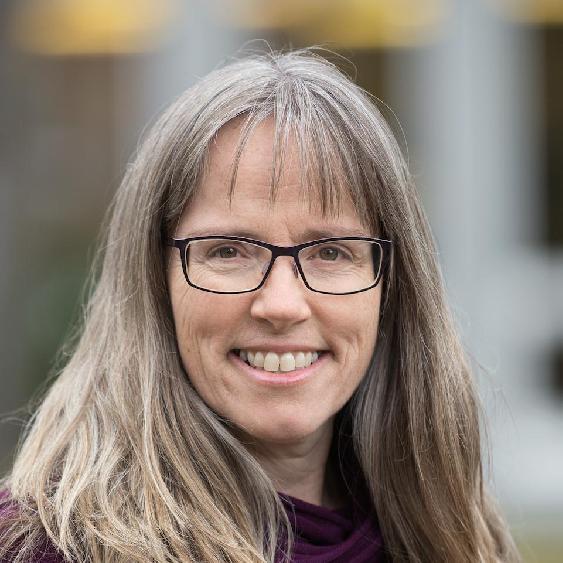Next running dates: 2027
Application deadline: TBD
Location: Sletvik field station (student are picked up in Trondheim)
ECTS: 7.5
Course leader
Practical info
This course will be run on Sletvik field station, with transport to and from Trondheim on the first and last day.
NTNU will be the responsible institution and the course code will be BI 8031. The deadline for registering is TBD.
Important! Do not apply for a course unless you are sure that you can attend.
Apply through NTNU, the host university, as instructed here (course code BI 8031).
Course content
Human land use is the greatest environmental threat to nature. It changes the matrix of the landscape, destroys habitats and affects the natural areas adjacent to anthropogenically exploited areas such as agricultural fields, roads, wind and solar panel farms, factories, mines and urban areas. We humans, however, need the land to exist. Our well-being depends on growing and harvesting plants. Therefore, there is a lot of research on how to grow plants, have agriculture and in other ways transforming the landscape to meet our needs. In this course we learn about the many effects human land use has on nature, and how plant research may contribute to this. If you are a PhD student (or maybe a Master student) wondering how your plant research leads to improvement or deterioration of nature this could be a course for you. PhD student members that are members of the Norwegian “Forskerskole” Photosyntech are rewarded 5000 each semester they are active and can use this to cover travel and stay for courses. Other students will need to pay a bit for the food. The course will gather students at the field station Sletvik, 100 km from Trondheim for a one-week intensive course with field visits, lectures and exercises.
Preliminary program
Monday morning: Students are picked up in Trondheim and on the way to the field station we visit Skjetlein videregående skole for organic farming with “Grønt kompetansesenter” to hear about
- What are the different requirements to organic and conventional farming.
- What are, from their perspective, the highest impact of agriculture to the surrounding nature.
- What is the research and knowledge the school miss the most when considering agricultural practices with focus on protecting surrounding nature
For the next days we have lectures/seminars/field excursions led by different people.
Themes covered by this course
- GMOs – pros and cons:
- Anthropogenic land use effects on soil health.
- The pollination crisis
- Alien species impacts
- The impact of pesticides on the surrounding nature
- Landscape fragmentation and habitat destruction Restoring nature after anthropogenic land use
Lecturers
- Daniela Sueldo, NTNU
- Martijn Vandegehuchte, NTNU
- Bente J Graae NTNU
- Attila Nemes, NMBU
- Siri Lie Olsen, NMBU
- Marcel van der Heijden, Universität Zurich
- Ingrid Gausla Hårstad, Grønt Kompetansesenter Skjetlein-Mare Videregående skole for økologisk landbruk
- Roger Holten NIBIO and NMBU,
- Dagmar Hagen, NINA
- Jørn Olav Løkken, NaturRestaurering
Assessment
During the intensive week we will have excursions and following the week you will need to make a written assignment. The course is approved by active participation and presence at all seminars and handing in the written assignment which will be graded. Passing the course will be granted 7.5 ECTS
Financial aid
Members of Photosyntech are rewarded activity grants for being active and can use this grant to cover their travels (only PhDs in Norway are rewarded activity grants). Activity grants are paid out after each semester to members that have been active that semester.
It is expected that all PhD participants in the course are affiliated or become affiliated with the research school Photosyntech (only valid for those doing their PhD in Norway).
Apply for membership to Photosyntech (PhD students in Norway only). PhDs outside of Norway can become associate members (no contract needed), but are not rewarded with financial aid.
Language
English.
Questions about the course?
Ask Bente Graae: Bente.j.graae@ntnu.no
Questions about the research school Photosyntech?
Please contact the coordinator, Sunniva Katharina Thode at photosyntech@uit.no.
